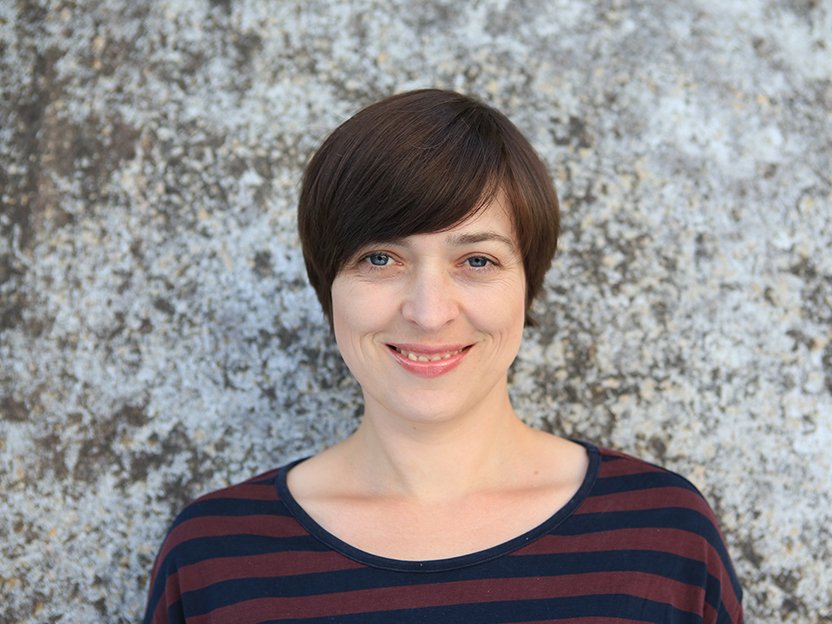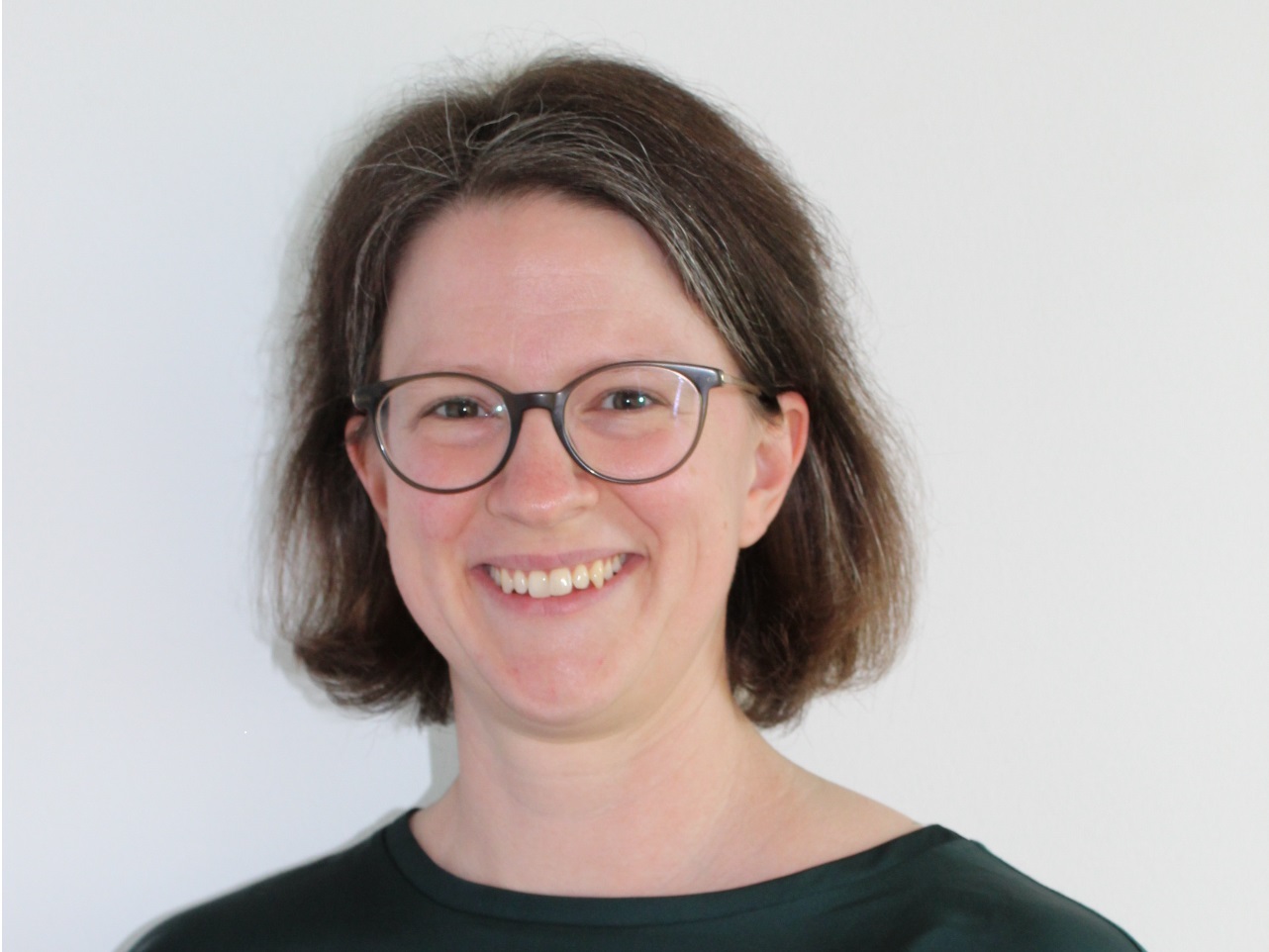+49 234 36186 9445
isabelle.kunze@pknrw.de
Do you have any questions about the Department or need further information? Please contact us.
The Department of Social and Health Sciences covers the fields of ‘Social Affairs’ and ‘Health’. The research focus is on social interaction. Societal coexistence is analyzed at multiple levels. On the one hand, researchers study people who require social or health-related assistance and support. On the other hand, they examine services and participation opportunities within the social and health system, as well as the professionalization of these systems.
The research activities of the department's researchers are primarily shaped by five central societal challenges:
Research is conducted both in applied and fundamental contexts, using a wide range of qualitative and quantitative methods, including mixed methods approaches in social research, applicable to both social and health domains.
This research area addresses new paradigms that have emerged in the transformation of the welfare state:
At the same time, trends of economization and privatization characterize the transformation of social and health policy. The social service market is increasingly structured according to efficiency criteria, and social risks are organized according to management principles.
These transformations in social and health policy respond to broader societal challenges—restructuring of the labor market, demographic change, migration movements—and are linked to emerging social risks that must be addressed and managed.
This key research area examines the provision of services and products in the social and healthcare sector, particularly for vulnerable individuals, including prevention and health promotion. Research typically begins with an identified need for support, which may require highly diverse, multi- and inter-professional care concepts and structures. Citizen-oriented services of municipal administration, aspects of public safety and security, and specific needs in crisis situations are also analyzed.
The overarching goal is to enable individuals to lead their lives as autonomously and independently as possible. The meso level focuses on the organization of services in outpatient, (partially) inpatient, municipal, and regional settings. Socio-technical systems, such as smart health solutions embedded in comprehensive frameworks (Smart City, Smart Region), are increasingly integrated into care provision and require careful study of their impacts. The macro level—system-level governance by public administration, including incentive structures and organizational components—is also a key perspective.
This research area is crucial in both health sciences and social work. It aims to study practical action in the diverse fields of social and health services and generate professional knowledge that informs academic programs, as well as training and continuing education of practitioners and managers. In doing so, it contributes to the professionalization of practice.
Research also addresses social and health policy, aiming from a professional-theoretical perspective to adequately shape institutional conditions. The practical work of health and social service providers is determined by sometimes conflicting interactions between:
Social inequality regarding groups or communities — along diversity dimensions such as social or geographic origin, gender, sexual orientation, religious or cultural identity, age, and physical or mental ability — exists both at the level of individual interaction and on structural and institutional levels. Exclusionary ideologies and authoritarian practices targeting these diversity dimensions have gained relevance in many countries. This raises questions about the resilience of democratic structures and processes, as well as the capacity of democratic actors to mitigate discriminatory structures and practices while strengthening inclusive participation and social inclusion.
The structures and practices of social and political discrimination have significant consequences at both the individual and societal level, potentially causing psychological and physical harm and contributing to social and economic conflicts. Understanding these dynamics and supporting strategies to manage and overcome them is central to this research area.
The four key research areas are designed to be inter- and transdisciplinary and correspond primarily with the disciplines of the social, human, and health sciences. They address complex empirical and theoretical questions that can be examined from multiple perspectives. All research areas draw on insights from law, social and economic sciences, history, gender studies, as well as media and communication studies.
Within the social thematic field, the core disciplines are social work, special education, and early childhood education. These, in turn, integrate perspectives from (social) political science, sociology, educational science, (social) medicine, social ethics, social law, social economics, and psychology, as well as from newer disciplines such as disability studies and postcolonial studies.
Within the health thematic field, the core disciplines include health sciences, nursing science, midwifery, sports science, therapy sciences (physiotherapy, occupational therapy, speech therapy, psychomotricity), and rehabilitation science. These disciplines incorporate perspectives from medicine, ethics, and engineering sciences.
“Representation of Weak Interests through Social Work as a Democratization of Social Policy?” (DemSoz)
At the heart of this research project on advocacy and interest representation through social work lie key questions of democratic theory: how and by whom social policy reforms are initiated and implemented, and how opportunities for participation are utilized. The project is (inter-)disciplinary in nature and situated at the intersection between political science research on welfare states and the academic discipline of social work.
The central research question is to what extent the needs and interests of employable long-term unemployed individuals and their family members are integrated into social policy reform processes at the federal, state, and municipal levels.
The project consists of five interrelated subprojects, each combining two disciplinary perspectives. On the one hand, it draws on the policy cycle model from political science and focuses on the political actions of social work actors—particularly welfare associations acting as advocates for marginalized interests. It examines the policy phases of problem definition, agenda setting, policy formulation, and implementation.
On the other hand, it builds on the social work discourse on the political mandate, extending it innovatively by examining social work professionals who have entered formal politics as career politicians and act as lobbyists representing the interests of social work clients within the political system.
This project is a collaboration between Prof. Dr. Sigrid Leitner (TH Köln, professorial member of the PK NRW) and Prof. Dr. Simone Leiber (University of Duisburg-Essen, university partner at PK NRW). Additional doctoral and professorial members of PK NRW participate through involvement in research-practice dialogues, workshops, and conferences.
Example of Collaboration:
Prof. Benjamin Benz (Protestant University of Applied Sciences Bochum, professorial member of PK NRW) participated as a commentator at the expert conference “Welfare State Reform from Below: Social Work and the Representation of Weak Interests”, held on March 30, 2023, in Cologne.
https://demsoz.web.th-koeln.de/veranstaltungen/
Further networking opportunities for doctoral candidates are provided through the doctoral program “Political Action in Social Work”, developed within the DemSoz project and institutionalized at PK NRW.
https://demsoz.web.th-koeln.de/nachwuchsfoerderung/
Project Duration: November 2021 – October 2024
Funding: Ministry of Science and the Arts of North Rhine-Westphalia (Program Line Profile Building 2020 NRW)
The Transformation in Care & Technology (TransCareTech) project develops a new, integrated perspective on care and technology in the social and health sectors. It takes a holistic approach that addresses the needs of professionals, clients, and family members, while also considering organizational frameworks and health-economic aspects.
The project involves members of the PK NRW from various departments, working together with additional colleagues: Prof. Dr. Annette Nauerth and Prof. Dr. Katja Makowsky (HSBI, professorial members / Department of Social and Health Studies), Prof. Dr. Udo Seelmeyer (HSBI, professorial member / Department of Media and Interaction), and Prof. Dr. Axel Schneider (HSBI / Department of Technology and Systems). Several doctoral programs across different departments of the Promotionskolleg NRW are planned within this framework.
The aim of the project is to develop practical and affordable technologies that ultimately reach real-world application. To achieve this, TransCareTech collaborates with an established network of practice partners. The expertise of these partners is interlinked with the research competencies of CareTech OWL (HSBI) within the project.
Two real-world laboratories connect research from six innovation cores (see below) with actual clinical, nursing, and social care processes. Industry and technology partners find in these laboratory spaces a research and development environment that is closely aligned with users, fostering user-centered technological innovation.
The research program is structured into six innovation cores (IK):
Early Career Support and Cooperation with PK NRW
The project establishes several early career research groups, including postdoctoral researchers, doctoral candidates, and master’s students. Opportunities for exchange and collaboration for doctoral candidates in the fields of social work and health are provided through the doctoral program “Technology & Care Transformation” (linked to Innovation Cores 4–6) within TransCareTech. The points of contact for this program are Prof. Dr. Annette Nauerth and Prof. Dr. Udo Seelmeyer.
The project was presented as part of the department’s lecture series in the summer semester of 2023.
Project duration: November 1, 2021 – October 31, 2024
Funding: Ministry of Culture and Science of the State of North Rhine-Westphalia
The department regularly organizes colloquia, a lecture series, and various other events such as method workshops, specialist conferences, and panel discussions. Events focusing on the department’s key research areas further enhance opportunities for academic exchange and networking (e.g., brown bag lunches and networking meetings). Since the summer semester of 2023, the Department has been offering the doctoral program ‘Shaping Social and Health Change’ and is also planning a future doctoral program specifically designed for cooperative doctorates.

Dr. Isabelle Kunze
Coordination of the Deparment of Social and Health Affairs
+49 234 36186 9445
isabelle.kunze@pknrw.de
Do you have any questions about the Department or need further information? Please contact us.

Dr. Stefanie Dahl
Coordination of the Deparment of Social and Health Affairs
+49 234 36186 9146
stefanie.dahl@pknrw.de
Do you have any questions about the Department or need further information? Please contact us.